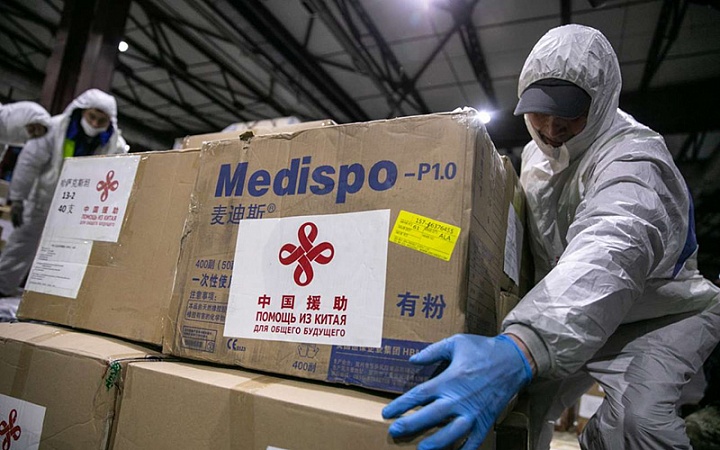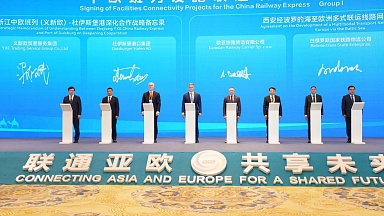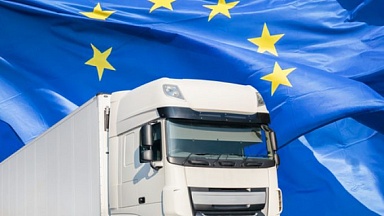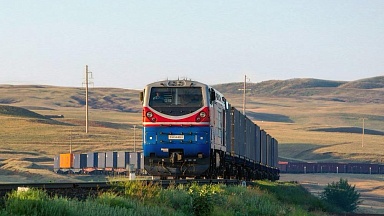The text of the news was taken from a English-language source: RailFreight.com
This was announced by the Chinese Ministry of Commerce and the State Drug Administration on the evening of March 31. It applies to the export of new coronavirus detection reagents, medical masks, medical protective clothing, ventilators, infrared thermometers, etc. With the continued spread of the coronavirus worldwide, the export of China’s donated, pandemic-related materials has surged and much of it is moved by rail. However, some products have not met the requirements of importing countries.
In March, 1.3 millions masks were bought from China to the Netherlands and many had been distributed to hospitals battling the COVID-10 outbreak. However, an inspection revealed that the FFP2 masks could not protect the face properly or had defective filter membranes. News Agency AFP and other Dutch Media reported that 600,000 masks had been recalled while the Dutch Ministry of Health kept the rest of the shipment on hold.
On 2 April, Liu Changyu, an official at the ministry’s foreign trade department in China commented on the recall, saying that «after research, the ministry learned that the face masks purchased in the Netherlands from related Chinese enterprises are not designed for surgical use.»
The chinese exporting company also explained that masks cannot be used for medical purposes or for health workers in intensive care units. Furthermore, the ministry urged overseas buyers to choose Chinese suppliers who have registered with China’s drug regulatory authorities, verify the quality before using the products and use them in accordance with the scope of application and operating procedures.
Since the breakout of COVID-19 there has been a huge impact on air, sea and road transport, while in the meantime rail transport has proven its strength. China Europe Express, the dedicated China-Europe rail freight service, is seeing unexpected rising volumes and takes an active role in transcontinenal transportation of medical materials.
The X8020 train from Yiwu, which departed on 21 March, carries 110,000 medical masks and protective clothing, and is expected to arrive in Madrid on 7 April. With the outbreak under control, the first container train from Wuhan to Duisburg, X8015/16, departed on 28 March. 19 containers onboard stuffed with 166.4 tonnes of medical non-woven fabric and medical tablecloths, are on their way to the battle the coronavirus in Europe. On the same day, 130,000 masks, 752 sets of protective clothing and 2000 forehead thermometers started its journey with the Chengdu — Lodz China Europe Express.
When being asked if the medical materials from Chengdu met the newest exporting regulations in China, the administration committee of Chengdu international rail port commented: «We opened the ‘green channel’ for those containers, which means it took them only four days from factory to departure on rail. But the customs authorities of Chengdu did take their jobs seriously, as it is for the use on the frontlines in the battle against the coronavirus.»




